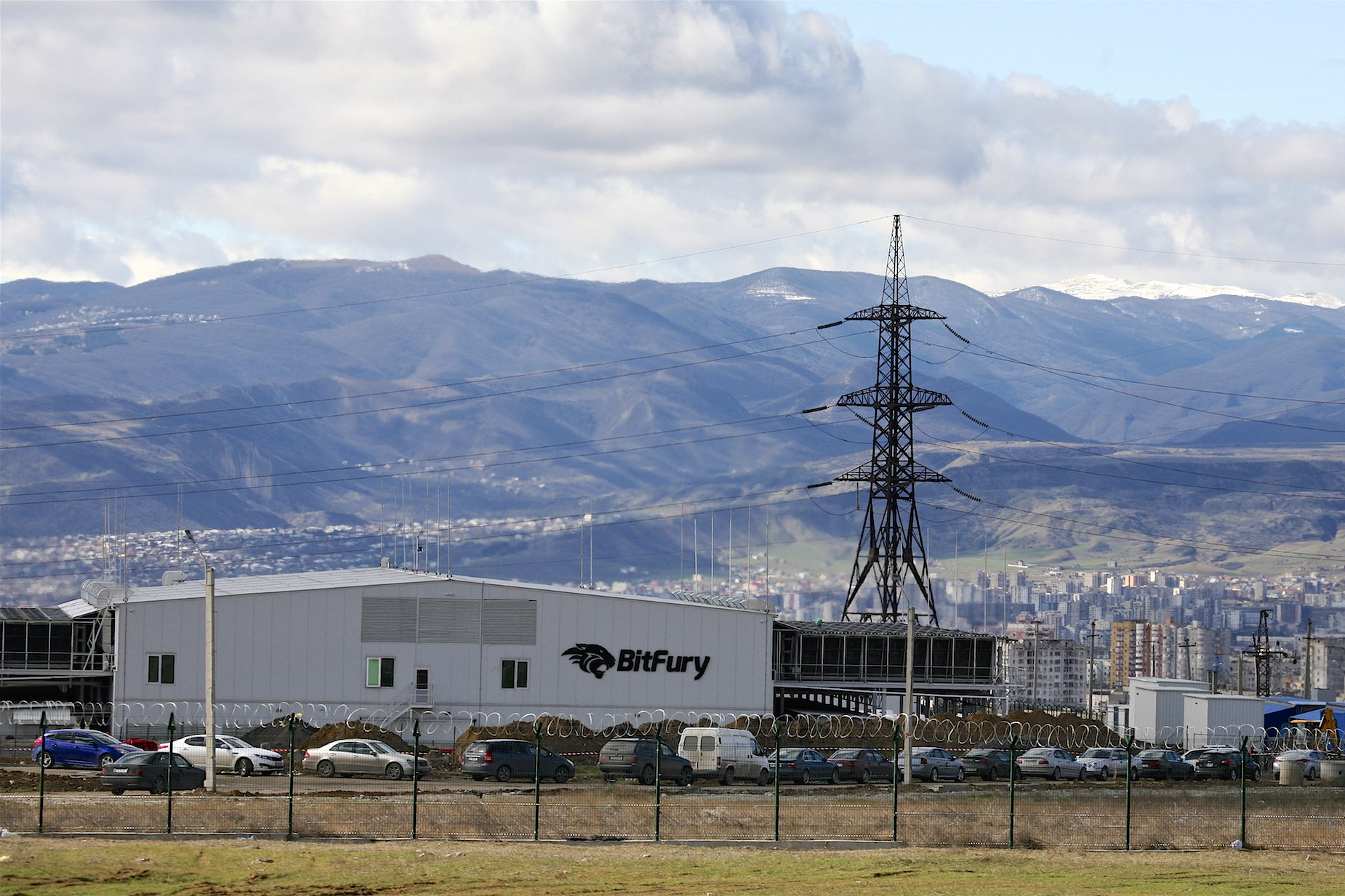At first glance, the pint-sized Republic of Georgia is an unlikely suspect for Bitcoin (BTC) mining activity. An underdog for mining, the country boasts abundant hydropower while ranked seventh worldwide for the World Bank’s ease of doing business index –ahead of the United Kingdom and Germany.
Nestled on the Black Sea at the intersection of Europe and Asia, Georgia hosts Bitfury’s industrial mining operations as well as smaller, solo miners that tap into enormous amounts of hydroelectric power.

Jaran Mellerud, an analyst for Arcane Research and author of the report, told Cointelegraph:
“Home mining is big in Georgia, especially in regions with subsidized electricity. As long as there are electricity subsidies in certain regions of the country, people will continue setting up small home mining operations.”
The report identifies at least 125 MW of crypto mining capacity, of which 62 MW derives from industrial-scale data centers. “The remaining 63 MW should then come from lots of small amateur setups scattered around the country in homes, garages, abandoned warehouses and factories.”
Mellerud concludes that the real number for Georgia’s total hashrate is in the region of 0.71% because “100 MW of Georgia’s 125 MW total crypto mining capacity is dedicated to Bitcoin and that Georgia’s hardware is as efficient as the network average.” It is multiples higher than CBECI’s 0.18% estimate, he added.
However, while the trend of Bitcoin miners moving to untapped energy resources, cheap energy, or merely cost-efficient places to do business is not new, it is a double-edged sword.
In nearby Kazakhstan, which recently hosted as much as 18% of global hashrate due to cheap power and loose rules, regulators are already considering stepping in, proposing power price hikes and taxes.
Mellerud is aware that despite Georgia’s “business friendliness,” “rising electricity prices” could deter miners from setting up operations. He told Cointelegraph:
“I don’t believe the Georgian government wants more mining operations in the country as miners are already using almost 10% of the country’s electricity, contributing to the country’s growing electricity deficit.”

Instead, home mining–miners with units under 1 MW–may continue to flourish. Despite calls that residents of Svaneti in Georgia must swear a holy oath to Saint George to stop crypto mining, the country, on the whole, has a “positive attitude towards the emerging asset class.”
Small-time crypto-enthusiasts can continue to use Bitcoin mining waste heat to warm their homes in the mountains, using Georgia’s abundance of “cheap and clean hydroelectric power.”









Leave A Comment